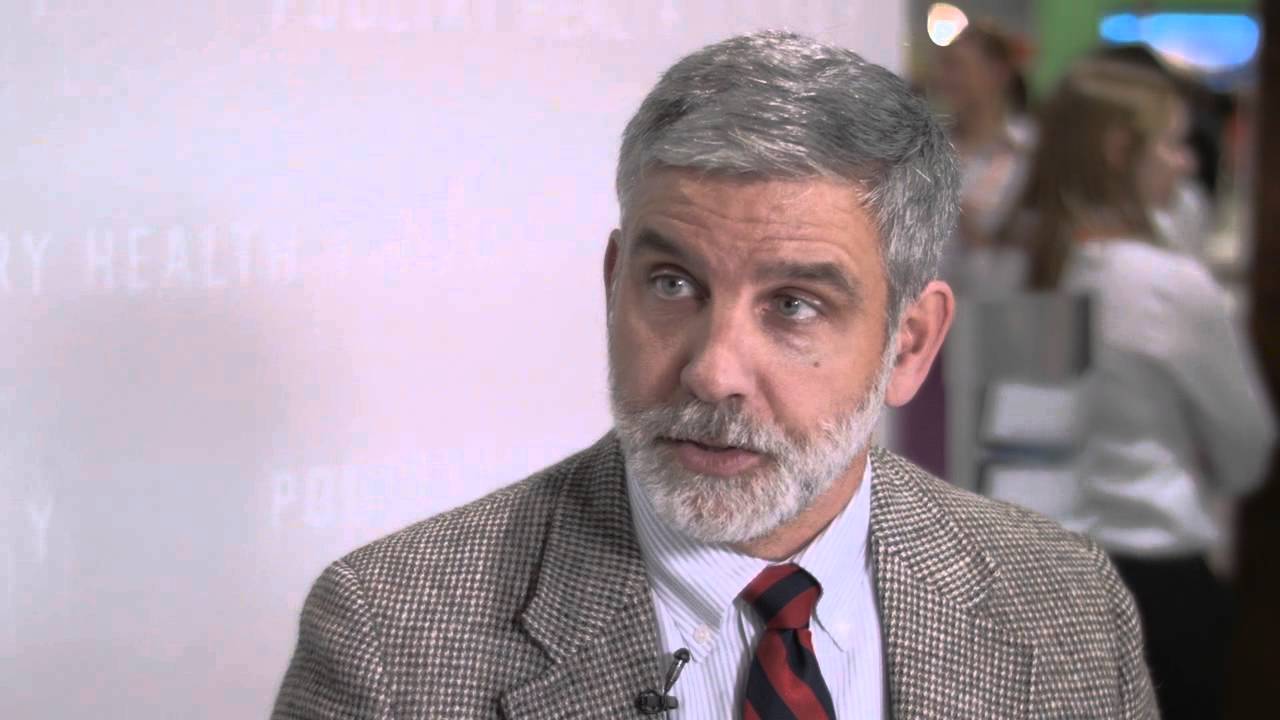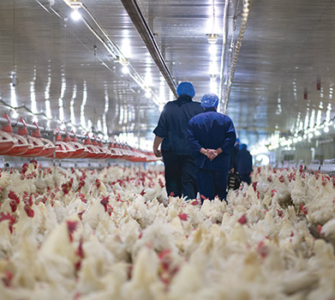Sanderson veterinarian voices concerns about ‘anti-technology’ movement
The anti-technology trend that seems popular today has one corporate poultry veterinarian worried it could have far-reaching, unintended consequences for the industry and consumers.
“Folks are asking producers to do without modern conveniences…but they don’t understand the consequences of what they’re asking for,” Phil Stayer, DVM, corporate veterinarian for Sanderson Farms, Inc., told Poultry Health Today.
The 1950s farm — with the red tractor, red barn, a few cows and chickens around — doesn’t exist anymore because farmers wouldn’t be able to make a living, he said.
Stayer likened the situation to the horse and buggy as compared to modern vehicles. “The horse and buggy’s romantic, but it won’t get you anywhere and won’t keep our society going.”
Consumer concern about the welfare of chickens and particularly about the use of antibiotics in poultry is based on a lack of knowledge, the veterinarian continued. Poultry housing has “never been better” and with modern genetics and technology, growth rate and livability continue to improve. That being said, there are still ongoing disease challenges like necrotic enteritis and infectious diseases.
“We need antibiotics to prevent animal suffering,” Stayer insisted. “If you raise chickens on the ground, they’ll have more coccidiosis. Unless we start taking eggs by cesarean section, Escherichia coli will always be with us.”
Possible backfire
If consumer demand for antibiotic-free chicken escalates enough to cause the price to flatten out, that could make it difficult to sustain this type of production system on a large scale, Stayer added, noting that antibiotic-free production is associated with higher bird mortality than conventional production that utilizes FDA-approved antimicrobials.
“Antibiotic-free is trendy now — it’s great to get on this bandwagon and you might have a marketing niche — but I don’t think you’re thinking about the unintended long-term consequences…” he said.
Chickens raised without antibiotics are also less efficient and require more feed, which means more land is needed to grow feed and more manure is produced. That’s not good for the environment, he said.
The tried and true
Food safety is yet another concern regarding chickens raised without antibiotics, Stayer said. He pointed to studies conducted by the late Scott Russell, PhD, of the University of Georgia; the research demonstrated that less than healthy chickens going to market are more likely to carry food-borne pathogens.[1] Healthier animals provide the healthiest product for consumers, Stayer said.
[1] Russell, S. The Effect of Airsacculitis on Bird Weights, Uniformity, Fecal Contamination, Processing Errors, and Populations of Campylobacter spp. and Escherichia coli. 2003 Poultry Science 82:1326–1331
Posted on April 7, 2016
















